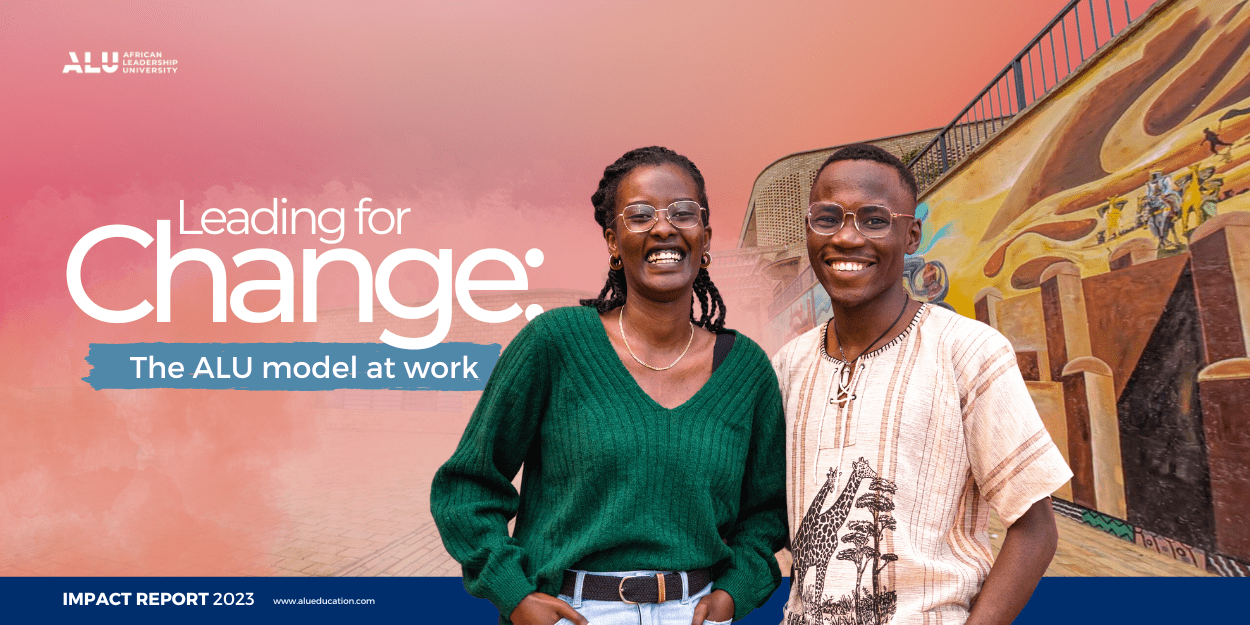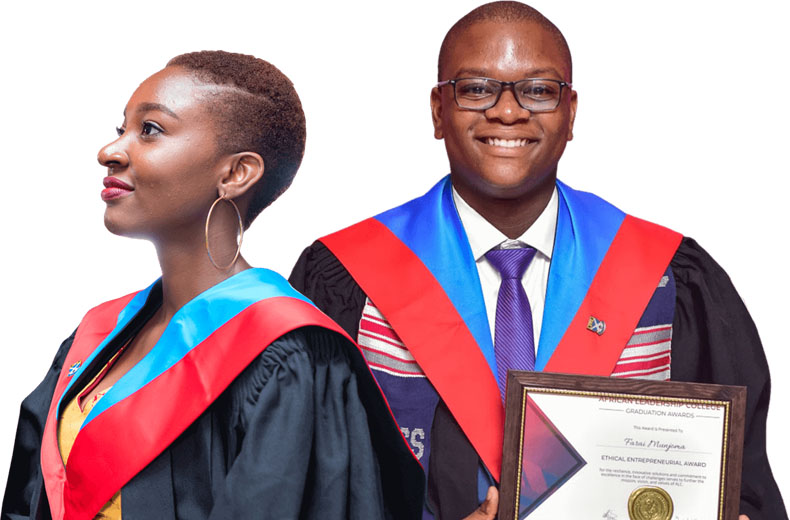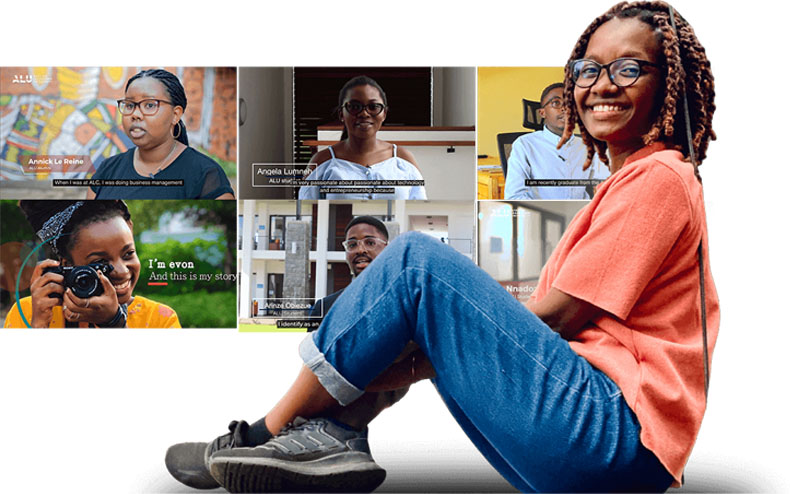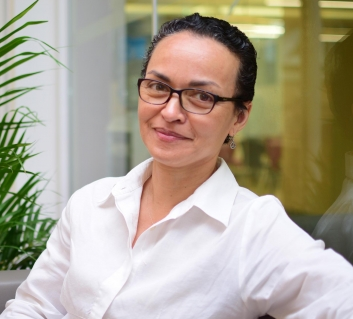As narrated by Dr. Nadia Rabesahala Horning, Associate Professor of Political Science at Middlebury College, Vermont (USA). As the Director of African Studies and the Academic Director for Social Entrepreneurship, Professor Horning attended ALU’s 2015 Central Academy and facilitated the pilot seminars on African Politics at ALC in January 2016 and 2017 and assisted ALU colleagues in developing ALU’s Africa curriculum.
In her words: “ALU showed me another way of teaching. The institution will be proud to know that I am a different teacher in the classroom because of it and my students are better off for it. I bet more and more of them will engage with Africa once they graduate. I am sure they will make a positive difference, and I will be able to say that I have done my job right. Asante.”
The excerpt below are personal reflections of her time at ALU’s campus in Mauritius.
Spring 2003
I walk into a classroom packed with students eager to learn about African Politics, the latest addition to Middlebury College’s Political Science courses. I am petrified. And for good reason: I don’t know how to do this. Somehow I survive the semester, acutely aware of all the things I must do differently. I am overwhelmed by the sinking feeling of a disastrous experiment. But I am determined to get it right next time.
Spring 2016
I walk into a classroom packed with students eager to learn about African Politics, a course I have taught at Middlebury College and elsewhere multiple times. It is now my favorite class to teach because it is transformative for students (their words, not mine). I am on auto-pilot: I got this. Week 1 goes by and there is little engagement in the classroom. Week 2 goes by. Same thing. Week 3 goes by. No change. Week 4. Still flat. And so I continue to fill the silence with my voice in lecture mode. By week 5 I am tired of my voice. Worse yet, I am bored. I miss my students’ energy. Something is wrong. They are quiet, and I don’t like it.
Spring Recess 2016
I am restless about my African Politics class, and I refuse to go on like this for another six weeks. I am thinking: “Anything but the sound of my voice in lecture mode. Anything, please.” The desperation leads me to an aha! moment: What if I stopped lecturing? What if I abandoned my old ways? What if I experimented with ALU’s teaching methods? After all, they trained me in their teaching method out there, in Africa. What if my students suddenly woke up? What if I woke up?
Spring 2016, second half of the class
I walk into a classroom still packed with students eager to learn about African Politics. I have a new plan: disappear. I want my students to learn about African Politics by engaging with each other. And so, I turn to the real people in the world who are actively thinking about democracy and democratization, development, natural resource management, innovation, etc. For each learning goal my neatly typed up lecture notes are designed to facilitate, I rely on other people’s voices: President Obama’s, a Congolese man’s on TED Talk, an African farmer’s, a South African academic’s, Wangari Maathai’s, African politicians’, and the list goes on. My students watch attentively. They exchange take aways. They watch again. And they exchange again. The class is abuzz. And I have all but disappeared. I am relieved. I am thrilled to witness the life in my students’ learning experience. I am humbled. I am awed. Most of all, I am thankful that ALU pushed me out of my comfort zone.
Twendeni!









